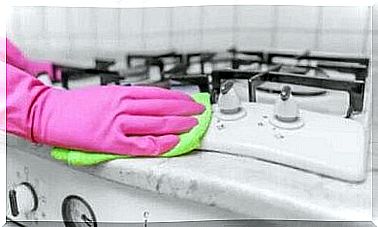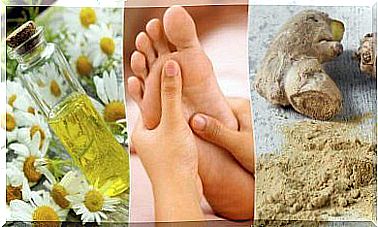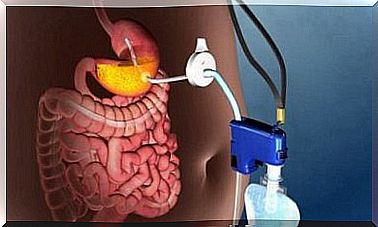Thyroiditis – Causes And Treatment Options
Thyroiditis can be treated with acupuncture. In certain zones, this technique has a relaxing effect that stimulates brain activity and hormone production.
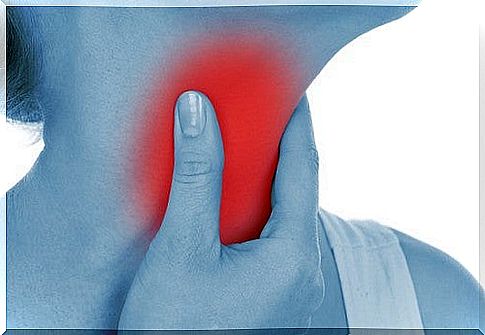
Thyroiditis is inflammation of the thyroid gland. When this condition occurs, our physical and psychological abilities are severely impaired.
The thyroid is one of the most important glands in our body as it releases hormones that are necessary for our body to function.
The thyroid gland is located on the neck and regulates the burning of calories, the heart rhythm and other body functions, but above all the energy consumption of our cells.
There are several types of thyroiditis that cause thyroid swelling. Most trigger symptoms of an underactive thyroid. However, the subacute thyroiditis De Quevain mainly causes an overactive thyroid.
Treatment of thyroiditis
Treatment for thyroiditis depends on the type of thyroid inflammation, although most treatments are aimed at reducing or relieving the swelling so that the thyroid can function normally.
Allopathic medicine administers, among other things, anti-inflammatory drugs to relieve pain (aspirin, ibuprofen or prednisone) and the addition of thyroid hormones in the event of hypofunction.
Traditional Chinese medicine has so far achieved very good results with the use of ginseng, ginger and mint, because the thyroid functions can not only be stimulated but also controlled.
In naturopathy, Ashwagandha (Indian sleeping berry) and Guggul (Indian myrrh), which are supposed to support the thyroid gland in producing hormones, are used to treat hypofunction. The maca plant is used for menopausal symptoms.
It should also be noted that the thyroid gland needs iodine to function properly.
With today’s diet, there may be a lack of iodine. In this case, iodized sea salt or sea plants such as algae are helpful. Iodine should preferably be taken naturally, an additional preparation is not always recommended.
Forms of thyroiditis
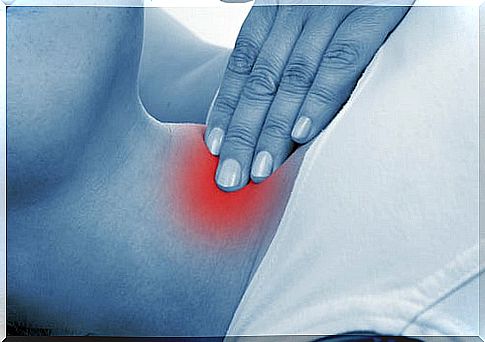
Hashimoto’s thyroiditis
The causes of Hashimoto’s thyroiditis are unknown, although a family history is suspected.
This is an autoimmune disease. This means that our defense cells (antibodies) attack the thyroid cells, causing the thyroid gland to become inflamed and its cells to be gradually destroyed.
The production of thyroid hormones decreases and causes hypofunction.
The symptoms are generally similar to those of hypothyroidism: increased sensitivity to cold, constipation, bloating, tiredness, dry and cracked skin, brittle hair and fingernails, rapid weight gain, changes in the menstrual cycle, etc.
treatment
The following should be observed during therapy:
- It is very important to know that 70% of our immune system is in the gut. The better the condition of our intestinal flora, the more effective the fight against autoimmune hypofunction will be. Probiotics should therefore be abundantly available in our diet, this also avoids candidiosis, which can occur more frequently due to the weakened immune system.
- It has been scientifically proven that avoiding gluten for a period of 3 to 6 months will return antibodies to normal. Therefore, avoid wheat, rye, and barley.
- If the antibody levels are too high, you should particularly check the iodine intake; For this reason, do not take more than 1 g of iodine a day.
- Vitamin D promotes the regulation of the immune system, so you should sunbathe lightly every day.
- Avoid stress. Cortisol is released in stressful situations. This hormone inhibits the thyroid hormones because the enzyme deiodinase, which activates them, is suppressed.
- Some clinical pictures cause the suprarenal secretion of cortisol, for example with an overstrained liver, with low blood sugar (hypoglycaemia), insulin resistance etc. These should therefore be avoided as much as possible.
- Detoxify your body of potential toxins such as pesticides, solvents, chemicals, or heavy metals.
- Selenium helps to reduce the harmful antibodies and promotes the transformation of the T4 hormone (little active hormone) into a T3 hormone (active hormone). It plays an important role in thyroid function and protects it against lumps or cancer.
- If you have iron, vitamin B12 or folic acid deficiency, you should take a vitamin supplement that also contains vitamins A, B2, B3 and B6.
- Just as important are light daily exercise and a good night’s sleep.
Subacute thyroiditis De Quervain
It is believed that this form of inflammation of the thyroid gland has a viral origin. There is a sudden, severe sore throat and initially symptoms of an overactive thyroid, which can last for 1 to 3 months.
After that, the functions normalize, but one fifth of those affected can become underactive.
Overactive thyroid means that the thyroid gland releases too much hormones, causing high levels of thyroid hormones in the blood. This can cause the following symptoms:
- Heat intolerance
- Fatigue, weakness and difficulty concentrating
- Increased appetite
- Weight loss
- Frequent bowel movements or diarrhea
- Restlessness, anxiety, nervousness
- Strong sweat production
- Goiter (visible enlargement of the thyroid gland)
To avoid these symptoms, a mixture of green tea and lemon balm tea can help. Drink two cups a day. The antioxidant power can soothe the hyperactivity of the thyroid.
Postpartum thyroiditis
In some women, antibodies that attack the thyroid gland may remain in the body after pregnancy. This can take place between 4 and 6 months after the birth and can trigger both underfunction and overfunction.
Silent thyroiditis
This form of thyroiditis usually has no symptoms or pain. The causes are still unknown.
Pharmaceutical induced thyroiditis
This inflammation is a side effect of certain drugs or active substances, such as lithium, amiodarone, interferon or cytokine. They can cause an underfunction as well as an overfunction.
The drug should be stopped to stop the inflammation.
Thyroiditis caused by radiotherapy
Symptoms of hypothyroidism may occur after radioiodine therapy, which is used to treat hyperthyroidism or cancer.
Acute thyroiditis
This inflammation of the thyroid gland is caused by bacteria or microorganisms. Symptoms can vary, being painful or not painful. The affected person usually does not feel well.
Once the inflammation is corrected, symptoms, which are usually similar to hypofunction, go away.
Acupuncture for thyroiditis
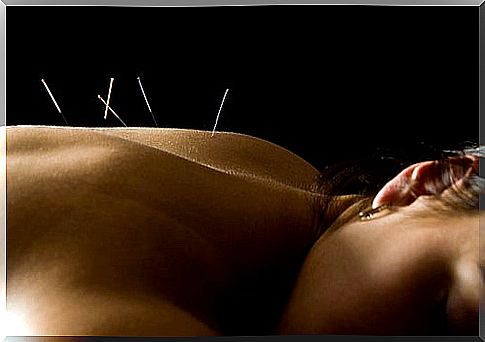
The thyroid dysfunction can be alleviated or even improved with acupuncture treatment.
This procedure has been used in Asia for a long time and has recently been combined with conventional medicine or used as an alternative in several European countries.
Acupuncture restores the metabolic balance. This also has the effect of stabilizing the thyroid function.
When acupuncture is used to relieve certain areas of our body, it has a calming effect. It stimulates and activates the function of our brain and thus the production of hormones.
Acupuncture can also be used to directly treat symptoms of thyroiditis.


